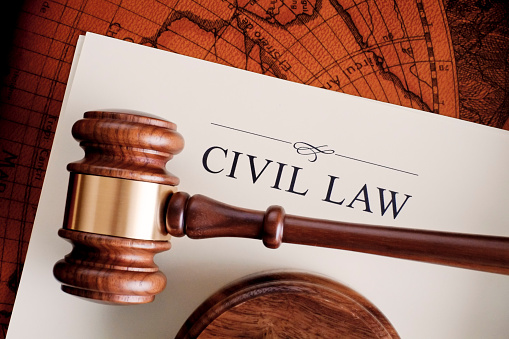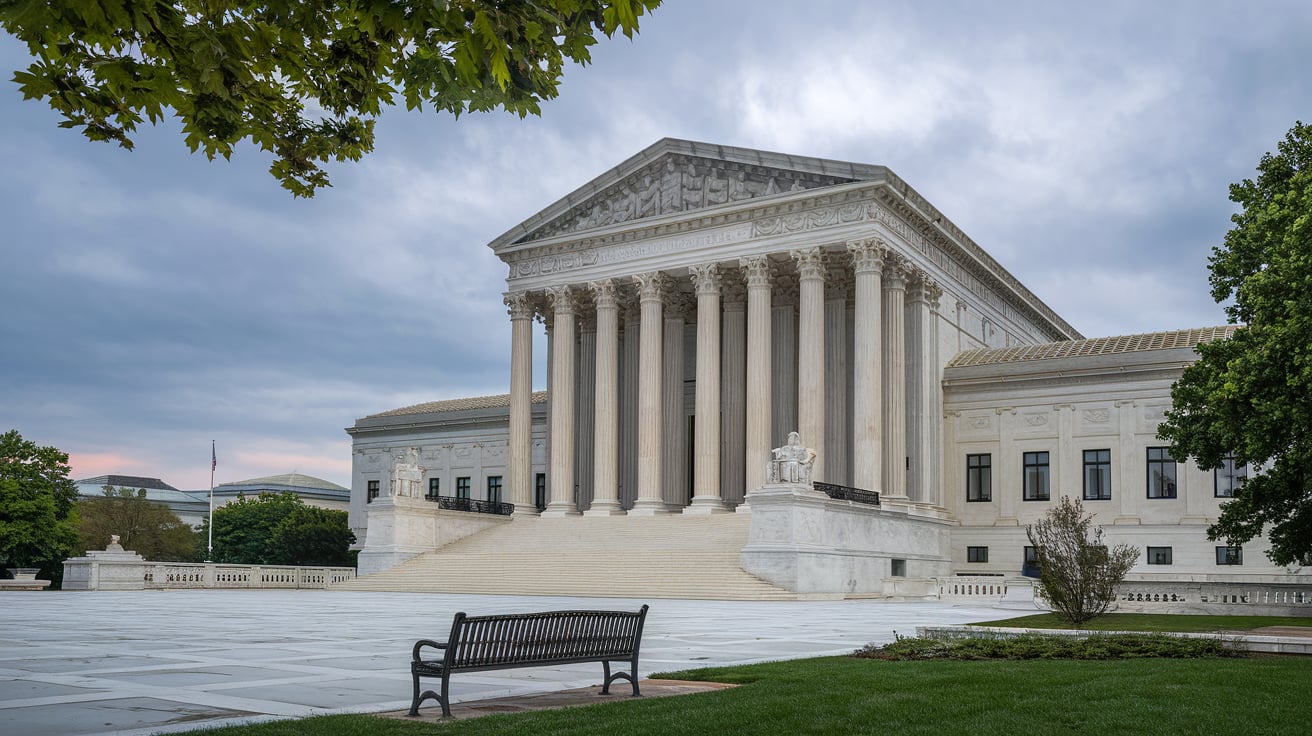Section 151 of the Code of Civil Procedure (CPC) in Pakistan grants courts inherent powers to ensure the ends of justice are met.
These powers are supplementary to the specific powers explicitly defined in the CPC and allow the court to act in situations not expressly covered by the code.

Key Points of Section 151:
- Not exhaustive: The specific applications of this power aren’t explicitly listed, leaving broad discretion to the court.
- Used with caution: Courts apply this power sparingly and only when other provisions wouldn’t achieve justice.
- Limited by other laws: This power cannot contradict existing laws or established legal principles.
Examples of applications:
- Correcting clerical errors in judgments or orders.
- Allowing withdrawal of a suit in exceptional circumstances.
- Preventing abuse of process or misuse of court procedures.
- Ordering production of additional evidence not explicitly mentioned in the CPC.
- Punishing contempt of court for actions not specifically penalized.
Case Law Examples:
- PLD 1995 Kar. 282: Here, the court allowed withdrawal of a suit due to a bona fide mistake in naming the defendants.
- 1995 CLC 1939: This case clarified that Section 151 can be used to challenge orders passed without jurisdiction or with material irregularity.
- 2004 SCMR 1092: This judgment emphasizes the use of Section 151 for equitable relief and preventing injustice, not perpetuating it.
It’s important to remember:
- This is a complex legal concept, and the specific application depends on the specific circumstances of each case.
- For detailed understanding and legal advice, consulting a qualified lawyer specializing in civil law is crucial.
I hope this provides a basic overview of Section 151 CPC in Pakistan. However, always seek professional legal guidance for specific cases and interpretations.









can 151 is also applicable in consumer protection courts for advancement of justice to fill in the gapss
Yes, Section 151 CPC can be applied in Consumer Protection Courts, but only when:
There is a procedural gap in the Consumer Protection Act.
It is necessary to advance justice.
It does not conflict with the Act’s specific provisions.thanks i must post on it with caselaw soon